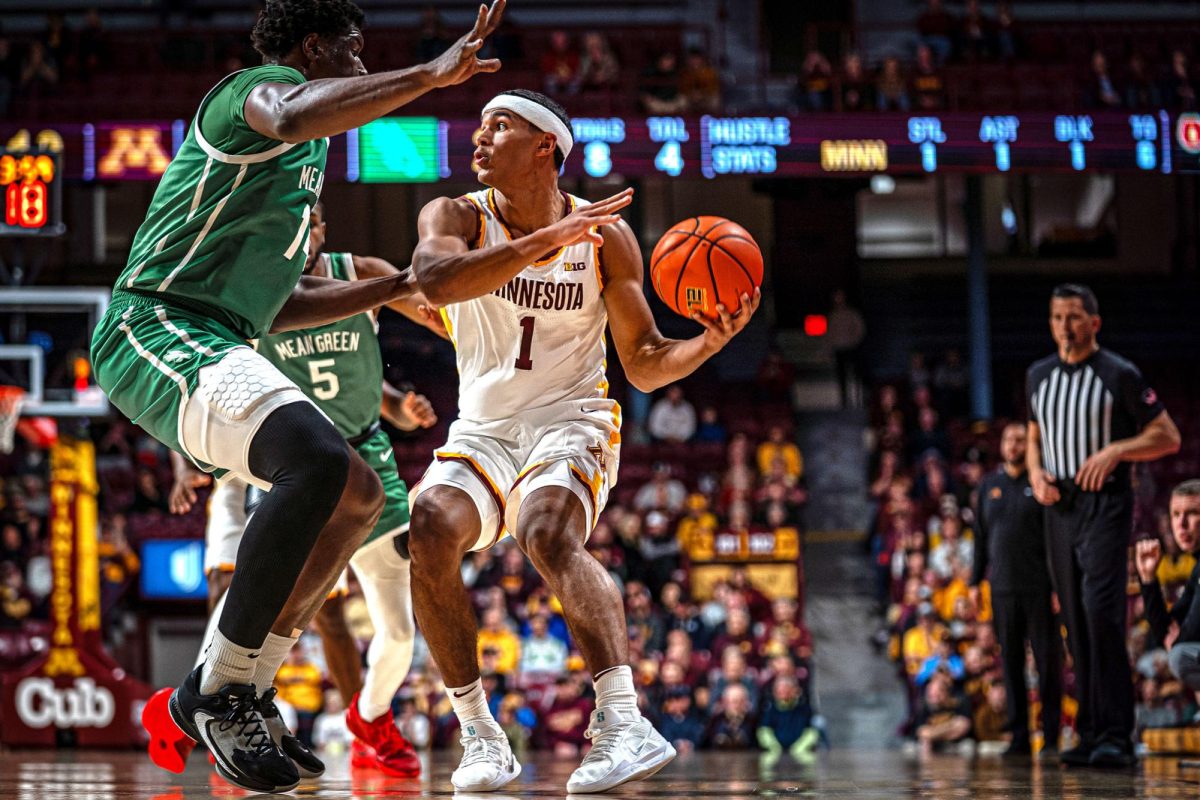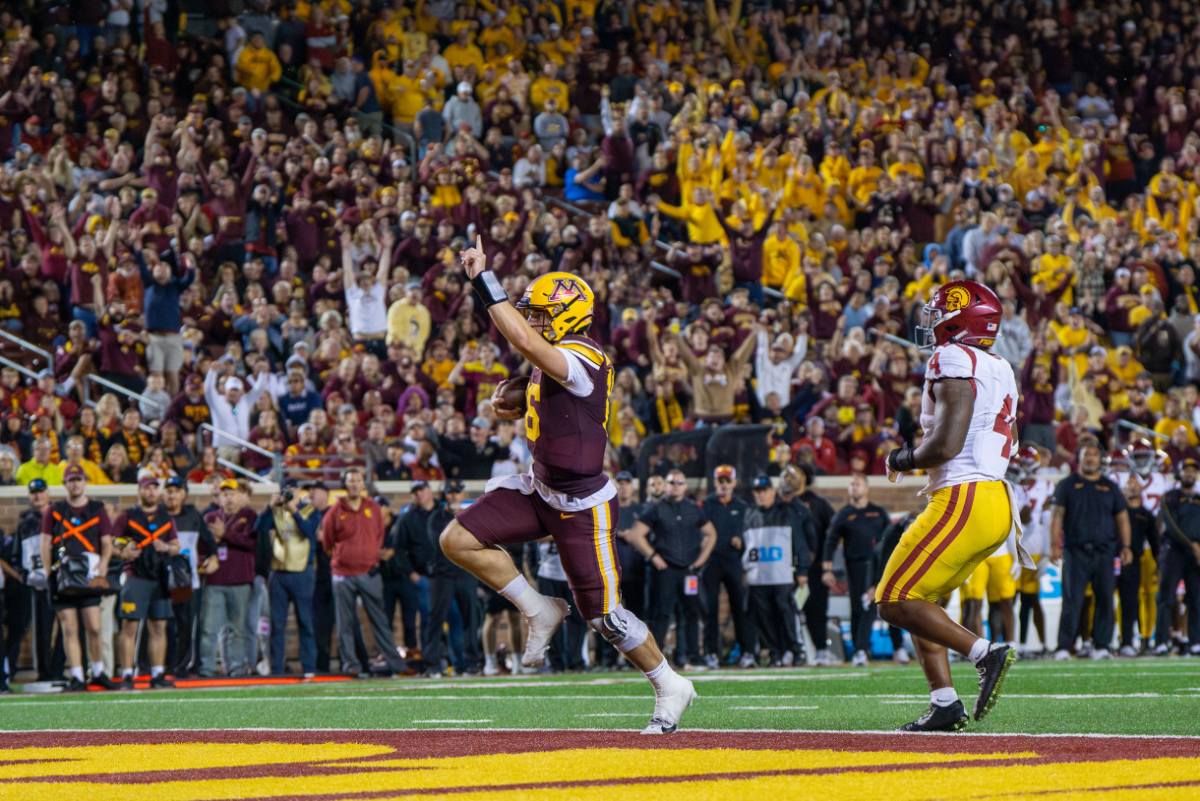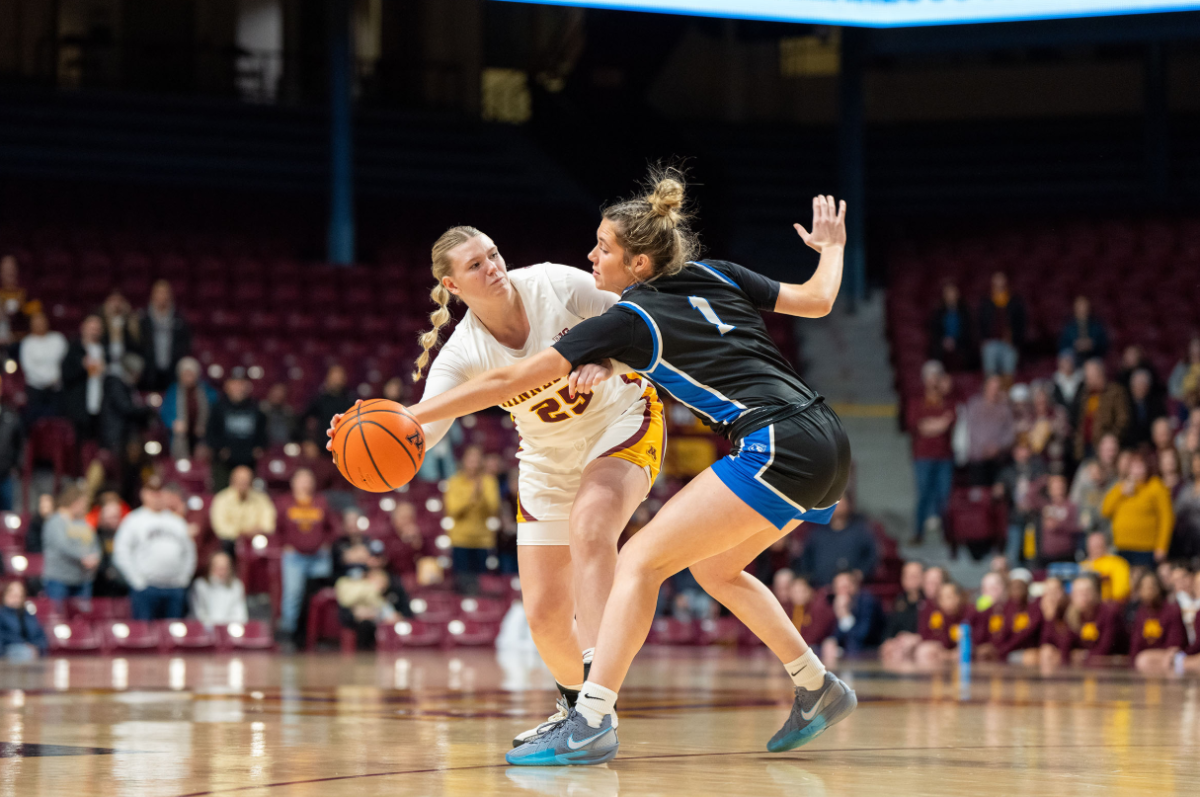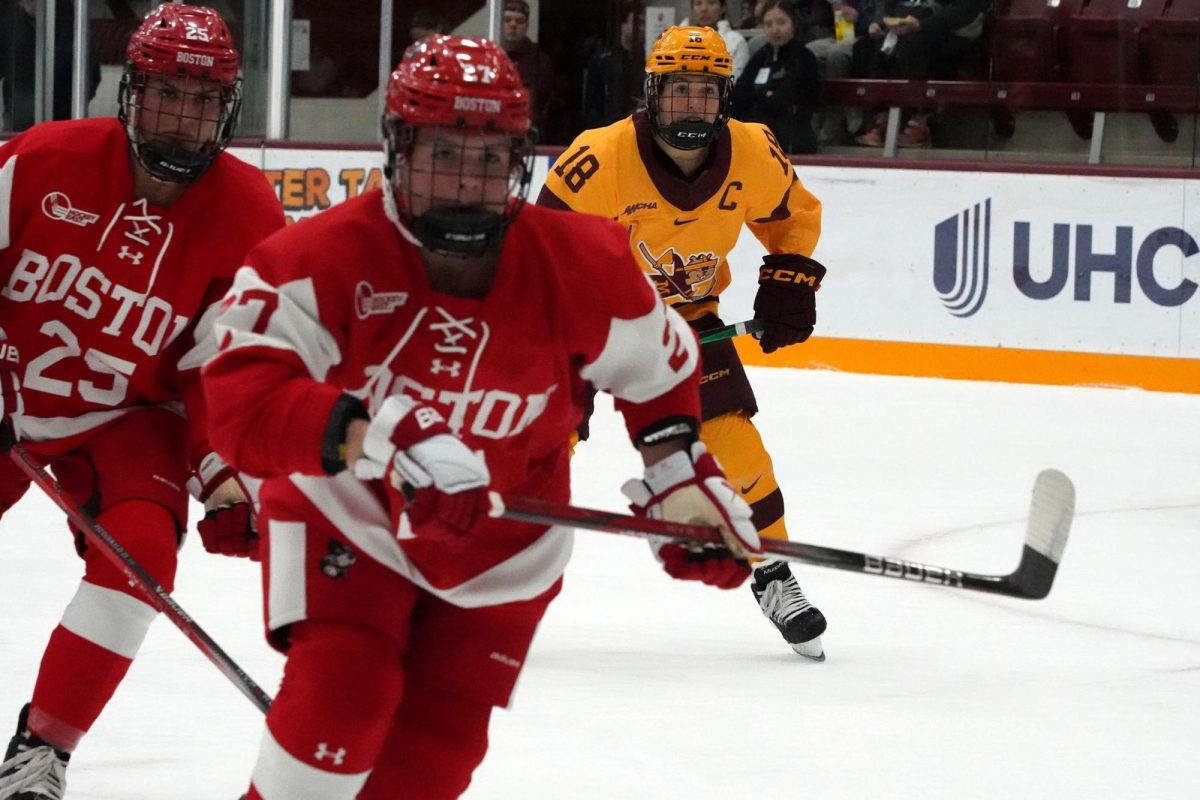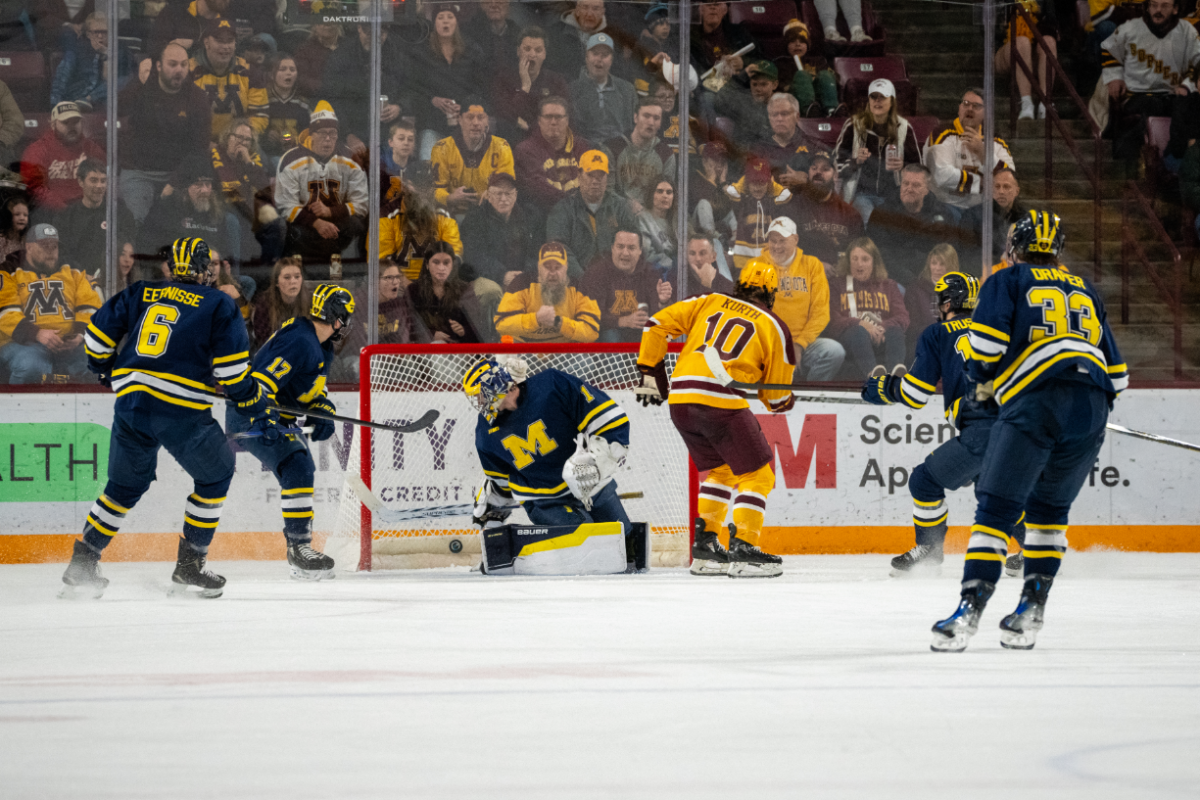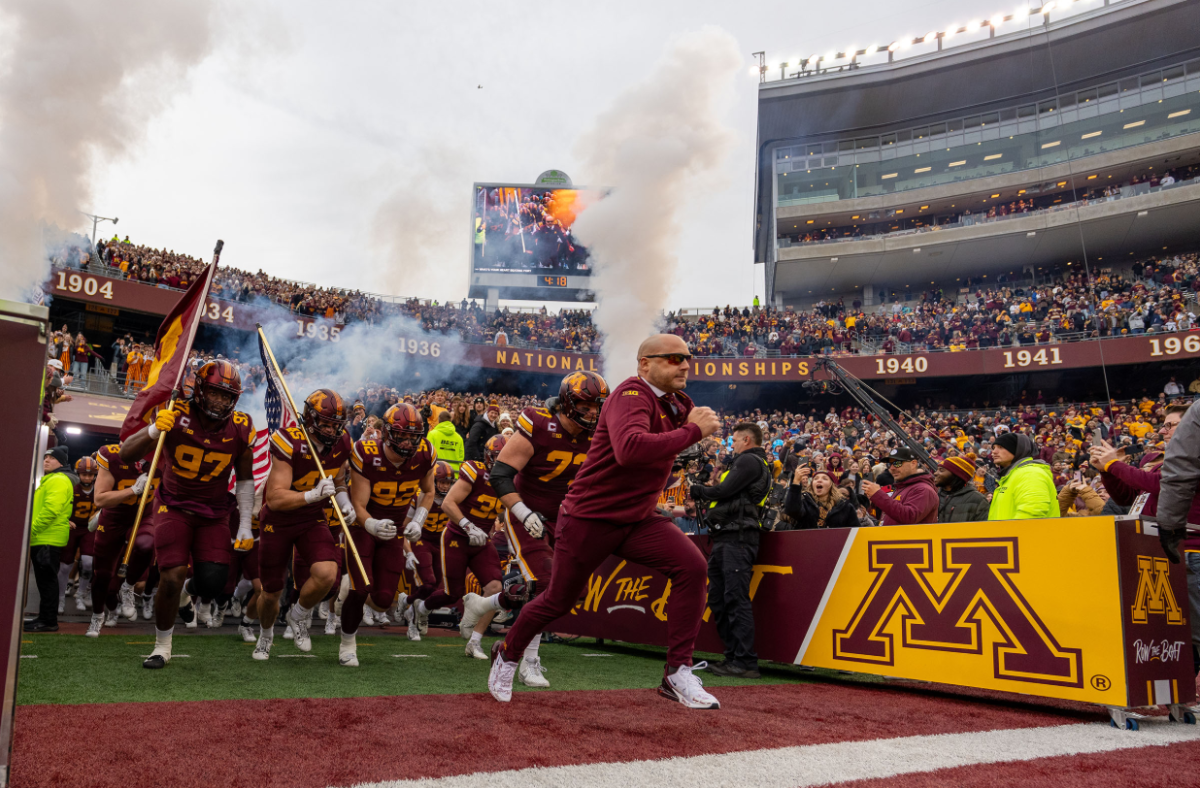After three years of “dry” facilities, alcohol could once again be associated with power plays and slam dunks at the University of Minnesota.
The University filed applications for liquor licenses with the state for Williams and Mariucci arenas Friday, General Counsel Mark Rotenberg said.
The University expects to have the licenses by Oct. 1, according to Amy Phenix, President Eric Kaler’s chief of staff.
Rotenberg said there is no doubt that the application will be approved.
“We’ve undertaken this before,” he said. “This is a routine process.”
Alcohol was previously served in club rooms and suites at both facilities. In 2009, however, an all-or-nothing policy issued by the Legislature forced the University to ban the sale of alcohol at campus events — a move that cost the University approximately $1.3 million, according to Sen. Sandy Pappas.
The University’s Board of Regents approved in June alcohol sales for premium seating and the general public at TCF Bank Stadium.
Mariucci and Williams would each serve alcohol in premium seating only, which includes a club room and club suites.
Legislation enacted in March served as a catalyst for the reapplication for liquor licenses, Phenix said, because it allowed the Board of Regents to hold the licenses for events at Northrop Auditorium, TCF Bank Stadium and up to seven other locations on campus. The reapplication for both arenas is essentially used to tell the state where alcohol is being sold on campus, she said.
Multiple groups — including University police, the Facilities Management department and the Intercollegiate Athletics department — collaborated to present a plan to Kaler for approval at the June regents meeting, Phenix said.
Mariucci will have one change from its previous alcohol sales policy: Club room members must now pay for beer and wine, which was once complimentary.
Craig Flor, the facility’s manager, said everything should be in place in time for the first men’s hockey game against Lethbridge on Oct. 6.
The Minnesota Department of Public Safety will conduct a background check on the arenas and individuals involved with them, said Doug Neville, a department spokesman.
Usually the city is in charge of issuing liquor licenses, but the Legislature specifically asked the state to be the licensing authority, Neville said.


